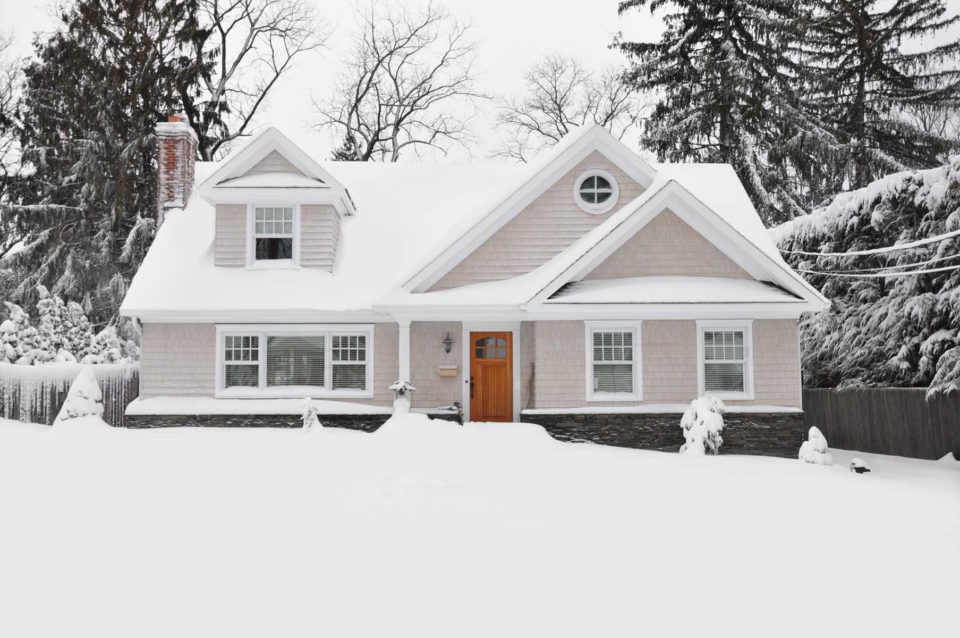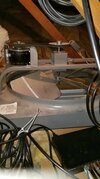We have a Mitsubishi heat pump with 30,000 BTUh capability which services a heating load of 26,000 BTUh for a 40F interior-exterior temperature difference (Manual J calculation). The temperature fluctuates up to 2F about the setpoint--I suspect that the thermostat system temperature resolution is 0.9F (0.5C), which is too coarse for fine temperature control. The fluctuation are very gradual, taking hours to drift 1F. However, the 3 speed fan operates on the lowest speed all the time (even if the compressor isn't running--that's configurable), and the air noise is imperceptible except within a few feet of the single air return duct. So the house feels like the temperature doesn't change. Fan power consumption is 50 watts.
Of course, we don't drop the temperature at night because the system doesn't have much spare capacity to quickly increase the temperature of the house. Yes, during cold exterior temperatures, the compressor operates 100% of the time, but at varying power consumption as the heat load changes. My wife very much likes the way this operates compared to our previous oversized gas furnace which had a lot of air noise when it was running, with large temperature fluctuations.
I sized the system this way because I believe it maximizes the efficiency, not so much for financial reasons but instead to maximize the duration the PWs can operate during a grid outage.






